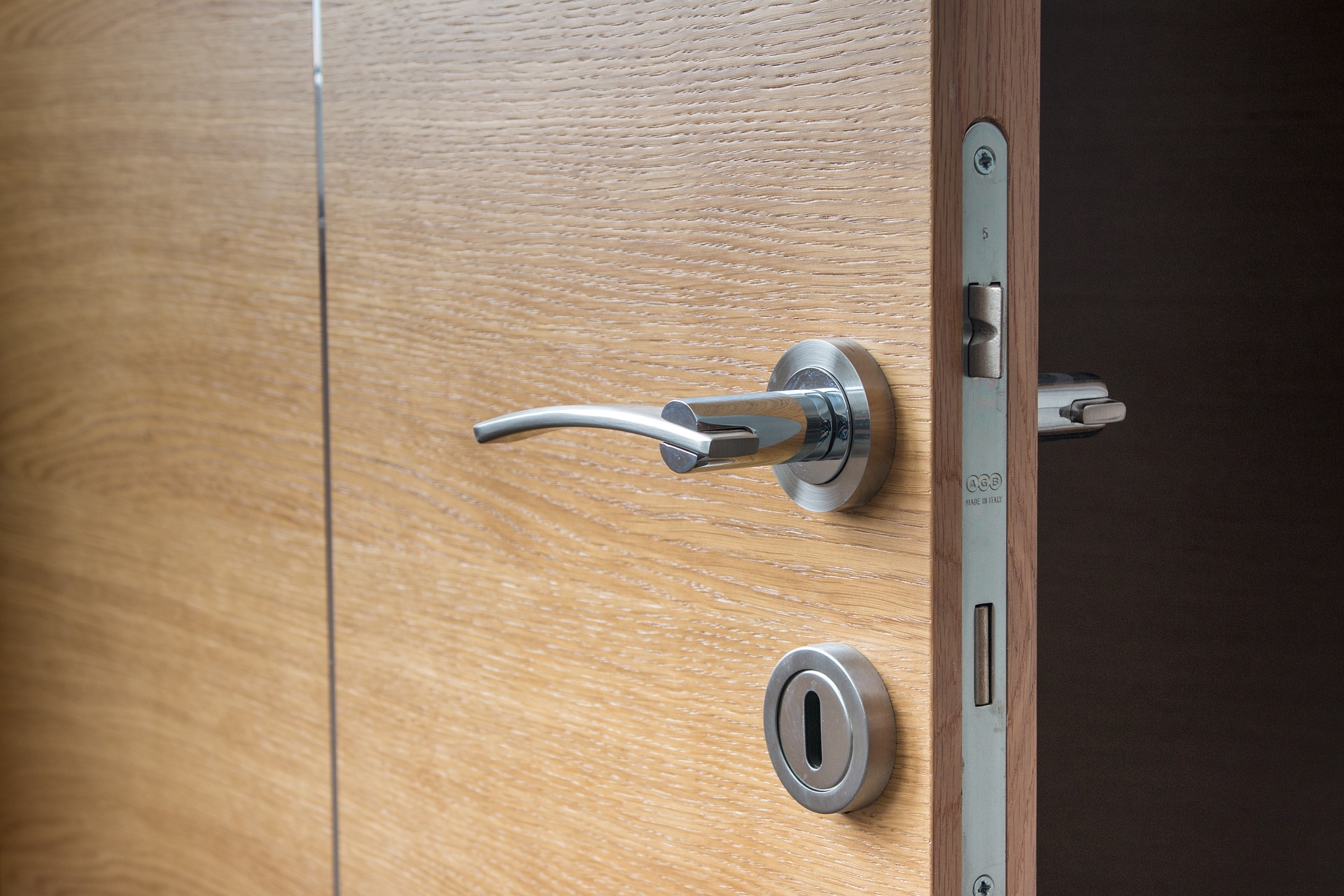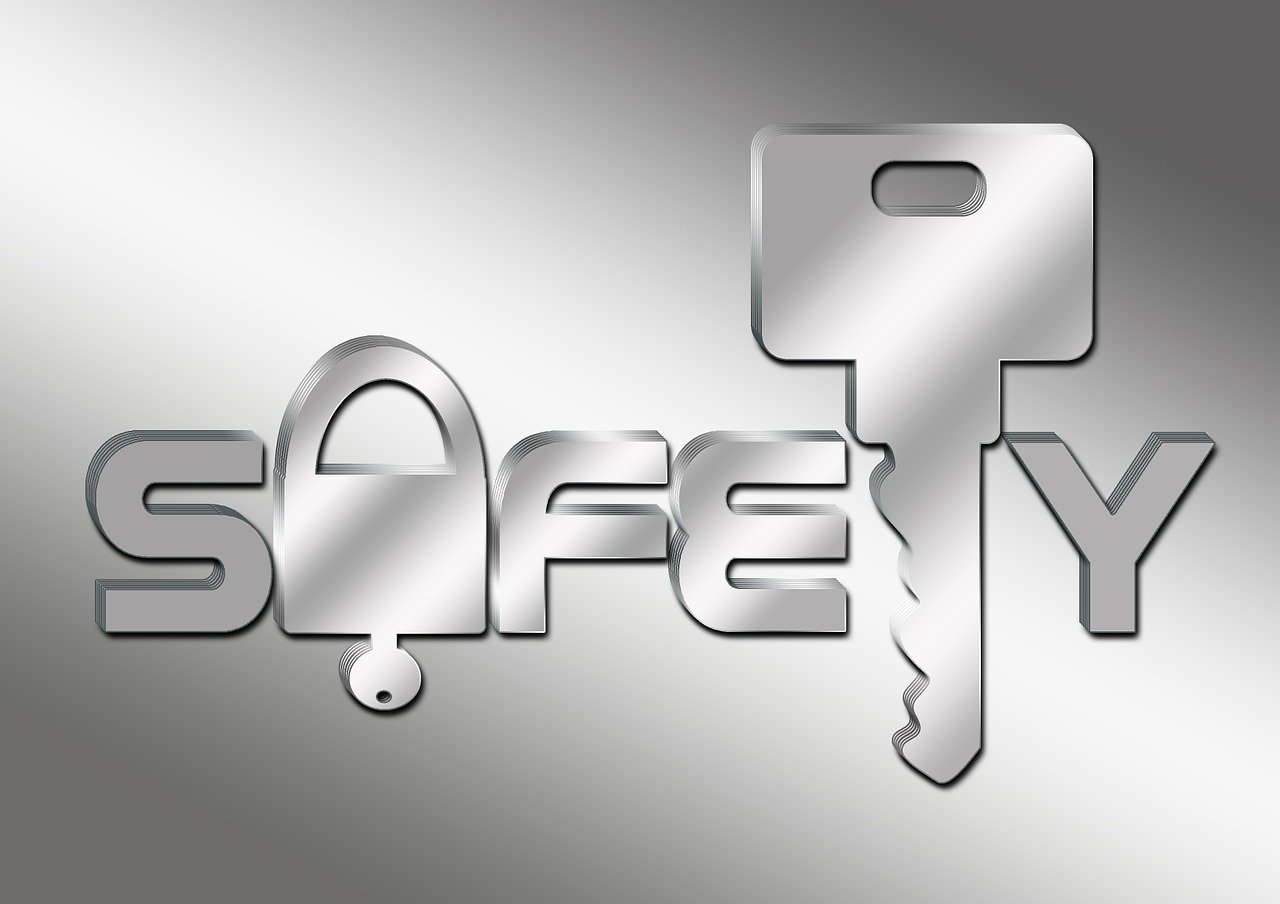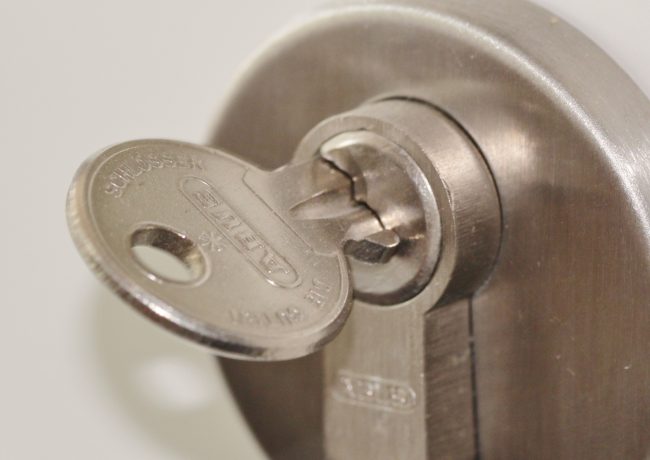
Table of Contents
- Introduction
- Why Losing Your Keys Can Be Stressful
- Stay Calm and Assess the Situation
- Check for Spare Keys
- Call a Professional Locksmith
- How to Choose a Reliable Locksmith
- Provide Necessary Information to the Locksmith
- Verify the Locksmith’s Credentials
- Watch Out for Scams
- The Locksmith’s Arrival
- Techniques Used by Locksmiths
- Rekeying vs. Replacing Locks
- Updating Your Home Security
- Preventing Future Lockouts
- Conclusion
- FAQs
- Can a locksmith make a key without the original?
- How long does it take for a locksmith to unlock a door?
- What should I do if I lose my keys frequently?
- Can a locksmith help if my key is stuck in the lock?
- Is it possible to pick a lock by myself?
Lost Keys: What to Do When You’re Locked Out of Your Home
Losing your keys can be an incredibly frustrating and stressful experience, especially if you find yourself locked out of your own home. It’s a situation that can happen to anyone, and it often occurs at the most inconvenient times. However, there’s no need to panic. In this article, we will guide you through the steps to take when you find yourself in the unfortunate situation of losing your keys and provide valuable insights on how to handle the situation effectively.
Why Losing Your Keys Can Be Stressful
Misplacing or losing your keys can cause a significant amount of stress and anxiety. The thought of being locked out of your own home and potentially stranded outside for an extended period can be overwhelming. It’s crucial to stay calm and approach the situation with a clear mind to find a solution efficiently.
Stay Calm and Assess the Situation
The first step when you realize you’ve lost your keys is to take a deep breath and remain calm. Panicking will only make the situation more challenging to handle. Instead, take a moment to assess the circumstances. Are you in a safe location? Do you have any immediate alternatives, such as staying with a neighbor or family member temporarily? Evaluating the situation will help you determine the next course of action.
Check for Spare Keys
Before you consider calling a locksmith, it’s always worth checking if you have any spare keys available. Spare keys could be stored with a trusted neighbor, friend, or family member. It’s also a good idea to keep a spare key in a secure and easily accessible location, such as a key lockbox. If you have a spare key, it can save you time and money, eliminating the need for professional assistance.
Call a Professional Locksmith
If you don’t have access to spare keys or cannot retrieve them immediately, it’s time to contact a professional locksmith. A locksmith is a trained and experienced professional who can assist you in gaining entry to your home without causing any damage to the locks or door. When choosing a locksmith, it’s essential to select a reputable and reliable one to ensure a smooth and secure process.
How to Choose a Reliable Locksmith
When selecting a locksmith, there are several factors to consider. Start by asking for recommendations from friends, family, or neighbors who have previously used locksmith services. Their firsthand experience can help you find a trustworthy locksmith. Additionally, you can search online for locksmiths in your area and read customer reviews and ratings. Look for locksmiths who are licensed, insured, and registered with relevant professional associations.
Provide Necessary Information to the Locksmith
When you contact the locksmith, be prepared to provide them with essential information. They may ask for your location, the type of lock you have, and any additional details that can help them come prepared with the necessary tools and equipment. Providing accurate information will ensure a faster and more efficient process.
Verify the Locksmith’s Credentials
When the locksmith arrives at your location, it’s important to verify their credentials and identity. Ask to see their identification and check if it matches the information you received when scheduling the service. A reputable locksmith will willingly provide proof of their identity and credentials to establish trust.
Watch Out for Scams
Unfortunately, the locksmith industry is not immune to scams. Some dishonest individuals may take advantage of your vulnerable situation and overcharge you or damage your property. To avoid falling victim to scams, be cautious of extremely low-cost services or locksmiths who arrive in unmarked vehicles. Always ask for a written estimate before any work begins and clarify any additional fees that may apply.
The Locksmith’s Arrival
Once you’ve verified the locksmith’s credentials and agreed upon the terms and cost of the service, they will begin the process of gaining entry to your home. Skilled locksmiths have a variety of techniques at their disposal, depending on the type of lock and the situation. They may use lock picking tools, bump keys, or other specialized equipment to safely and efficiently unlock the door.
Techniques Used by Locksmiths
Locksmiths employ different techniques to open locks, including picking, bumping, and impressioning. Picking involves manipulating the lock’s components to mimic the key’s function. Bumping involves using a specially crafted key and tapping it to create a series of vibrations that align the lock’s pins. Impressioning involves creating a new key by making an impression of the lock using a blank key and a file.
Rekeying vs. Replacing Locks
Once the locksmith has successfully gained entry to your home, you might consider whether to rekey or replace your locks. Rekeying involves changing the lock’s internal pins and tumblers to render the old keys ineffective. This process is more cost-effective than replacing the entire lock. However, if your locks are old, damaged, or outdated, it might be worth investing in new locks to enhance your home’s security.
Updating Your Home Security
Experiencing a lockout can serve as a wake-up call to reassess your home security measures. After gaining access to your home, consider upgrading your security system. This may involve installing high-security locks, adding a deadbolt, or even investing in a smart lock system that offers convenience and additional features like remote access and monitoring.
Preventing Future Lockouts
To avoid future lockouts, it’s important to establish a few preventive measures. Firstly, make it a habit to always double-check that you have your keys before leaving your home. Consider installing a key rack or a designated spot near your entrance where you can consistently place your keys. Additionally, you may want to create spare keys and store them securely in a key lockbox or with a trusted neighbor.
Losing Keys to Homes or Business can be stressful
Losing your keys and getting locked out of your home can be a stressful experience, but with the right approach, it can be resolved swiftly and efficiently. Stay calm, check for spare keys, and if needed, call a professional locksmith who is reliable and reputable. Take the opportunity to review your home security and consider preventive measures to minimize the risk of future lockouts. Remember, a small proactive effort can save you from a lot of inconvenience and frustration.
FAQs
- Can a locksmith make a key without the original? Yes, locksmiths can create a new key for your lock even if you don’t have the original key. They can use specialized tools and techniques to generate a new key based on the lock’s specifications.
- How long does it take for a locksmith to unlock a door? The time it takes for a locksmith to unlock a door can vary depending on factors such as the type of lock, complexity of the situation, and the locksmith’s expertise. In most cases, a skilled locksmith can unlock a door within a matter of minutes.
- What should I do if I lose my keys frequently? If you find yourself frequently losing your keys, it’s advisable to consider implementing preventive measures. Create spare keys and store them securely, establish a routine for keeping track of your keys, and consider using key tracking devices or apps to help locate misplaced keys.
- Can a locksmith help if my key is stuck in the lock? Yes, locksmiths are trained to handle situations where keys are stuck or broken in locks. They have the necessary tools and expertise to safely remove the key and repair or replace the lock if needed.
- Is it possible to pick a lock by myself? While it’s possible to learn lock picking techniques, it’s generally not recommended for untrained individuals to attempt picking a lock. Without proper knowledge and experience, attempting to pick a lock can cause damage and may even be illegal in certain jurisdictions. It’s best to rely on professional locksmiths for lock-related issues.
continue reading
Related Posts
Lock Snapping, Secure Lock Cylinders Introduction Understanding Lock Snapping The […]
Welcome to our comprehensive guide on resolving the frustrating predicament […]
Welcome to our comprehensive troubleshooting guide for resolving the frustrating […]








